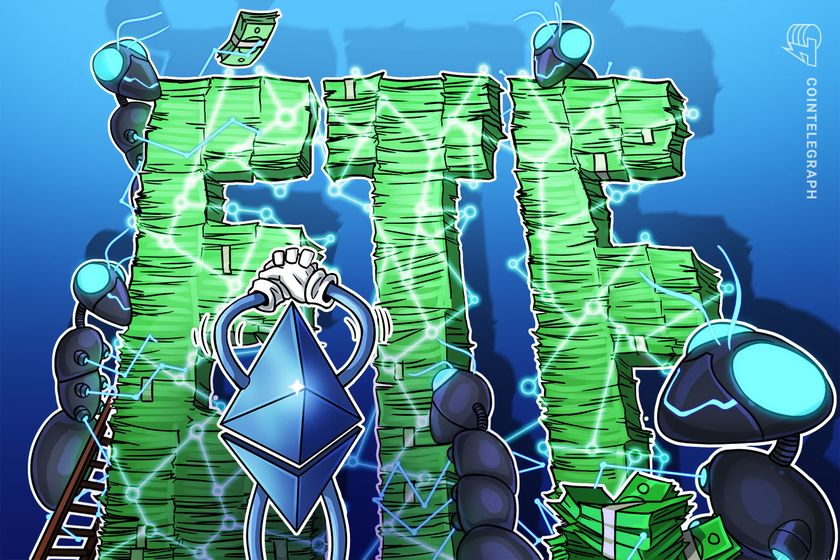BitMEX founders plead guilty to Bank Secrecy Act violations

Arthur Hayes and Benjamin Delo will each have to pay a fine for their part in flouting the Bank Secrecy Act and operating what the DOJ called a “money laundering platform.”
The founders of crypto exchange BitMEX have pled guilty to violating the Bank Secrecy Act after a lengthy litigation process with the U.S. Department of Justice (DOJ).
American Arthur Hayes and British Hong Konger Benjamin Delo admitted to “willfully failing to establish, implement, and maintain an anti-money laundering (AML) program” at their crypto derivatives and futures exchange, BitMEX.
BitMEX is a Seychelles-based crypto trading platform that offers crypto futures, derivatives, and margin trading up to 100x. The exchange once offered its services without any know-your-customer (KYC) or AML verification procedures to Americans. The DOJ’s Feb. 24 announcement on the case states that such a lack of regulatory compliance essentially caused BitMEX to become a “money-laundering platform.”
Both Hayes and Delo made their guilty pleas ahead of the March trial date, and have agreed to pay $10 million in criminal fines each.
HAYES, 36, of Miami, Florida, and DELO, 38, of the United Kingdom and Hong Kong, pled guilty to one count each of violating the Bank Secrecy Act, which carries a maximum penalty of 5 years in prison – DOJ
— db (@tier10k) February 24, 2022
The attorney for the DOJ Damian Williams said that operating a crypto business in the U.S. carries “the obligation for those businesses to do their part to help in driving out crime and corruption.” He continued that BitMEX operated as “a platform in the shadows of financial markets” and that:
“Arthur Hayes and Benjamin Delo built a company designed to flout those obligations; they willfully failed to implement and maintain even basic anti-money laundering policies.”
Adding more fuel to the DOJ’s case was the insinuation that Hayes had bribed the Seychelles local government when BitMEX completed its move there in 2020. He allegedly bragged that the bribery cost him just a coconut.
Although the BitMEX base of operations was in the United States from about 2015 to 2020, Hayes and Delo insisted that no Americans were using the platform. The DOJ proved that claim was not factual. By January 2021, the exchange reported it had verified 100% of its users with a KYC-AML procedure.
Related: BitMEX execs reveal EU expansion with German bank acquisition
Since fully vetting all of its users, BitMEX’s share of Bitcoin futures open interest (OI) has diminished into relative insignificance. In February 2021, there was only about $3.5 billion in OI, almost a third of which came from BitMEX. However, there is now $15.18 billion in OI according to data from CoinGlass, of which only $482 million, or 3%, comes from BitMEX.









